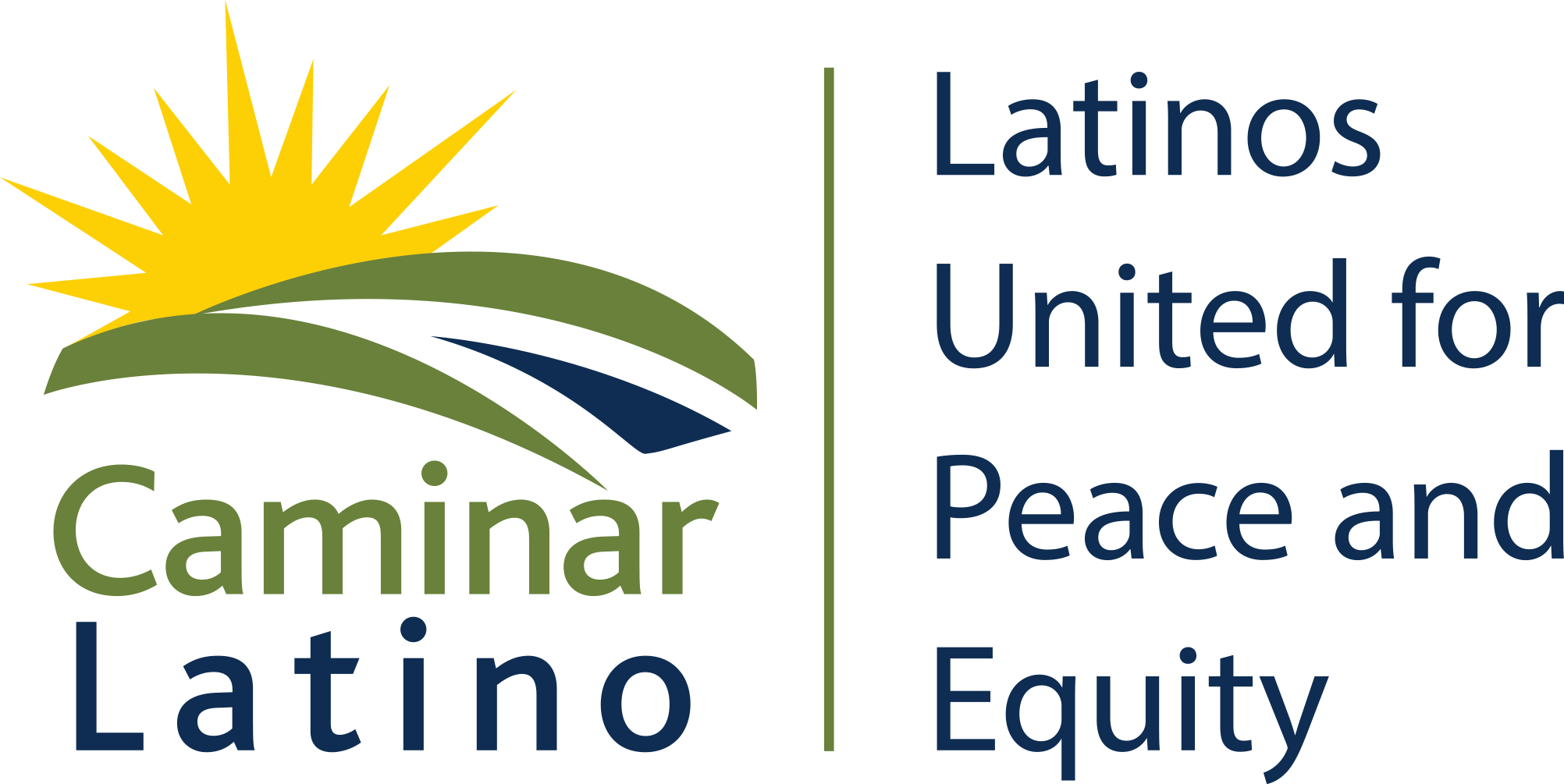Resource Library
-
-
Supporting Deaf & DeafBlind Survivors
Deaf people are 1.5-5 times more likely than hearing people to experience domestic and sexual violence. Despite being at greater risk, they face significant barriers to accessing victim services. Many mainstream hearing programs want to …
Supporting Deaf & DeafBlind Survivors
Deaf people are 1.5-5 times more likely than hearing people to experience domestic and sexual violence. Despite being at greater risk, they face significant barriers to accessing victim services. Many mainstream hearing programs want to serve Deaf survivors, but are often unaware of the unique experiences and cultural values of Deaf survivors and are not prepared to provide sign language interpretation.
The Vera Institute of Justice brought together some of the country’s leading experts in supporting Deaf and DeafBlind survivors to answer the field’s most pressing questions about how to support survivors from these communities and best practices for finding and working with qualified interpreters. We created a series of videos about Deaf and DeafBlind culture, best practices for working with Deaf and DeafBlind survivors, and how to find qualified interpreters. There is also a panel discussion highlighting key factors that contributed to a successful partnership between a hearing and Deaf organization.
This video series features five leaders in the Deaf and DeafBlind communities: Roberta Eaton and Najma Johnson with DAWN, Liam Esposito and Amber Hodson with DeafHope, and Raylene Lotz with the Vera Institute of Justice. The videos were filmed in American Sign Language and created by a Deaf video producer, Elizabeth Sorkin.
To make them more accessible for a hearing audience, voice over audio was added. Closed captions are also available.
-
Strategies to Recruit, Hire, and Sustain Diversity in the Workplace
There is strong empirical confirmation that effectively recruiting, hiring, and retaining a diverse staff is positively correlated with increased organizational performance. Many studies and surveys show however, that recruiting, hiring, and retaining a diverse staff …
Continue reading “Strategies to Recruit, Hire, and Sustain Diversity in the Workplace”
Strategies to Recruit, Hire, and Sustain Diversity in the Workplace
There is strong empirical confirmation that effectively recruiting, hiring, and retaining a diverse staff is positively correlated with increased organizational performance. Many studies and surveys show however, that recruiting, hiring, and retaining a diverse staff is a challenge that many organizations face. Strategies to Recruit, Hire, and Sustain Diversity in the Workplace responds to this by providing suggestions towards a more comprehensive recruitment strategy and an interview and selection process that addresses biases perpetuated through existing hiring practices. More importantly, Strategies to Recruit, Hire, and Sustain Diversity in the Workplace provides a primer to think about and redesign the existing structures that impede inclusion and equity in the workplace and to create the foundation needed to sustain diversity.
-
Transformational Collaborations: Considerations to Apply a Racial Equity Lens
There is a strong interest and movement towards collaboration in the victim services field. A critical analysis of collaboration efforts that involve culturally specific organizations, however, show they often amount to little more than a …
Continue reading “Transformational Collaborations: Considerations to Apply a Racial Equity Lens”
Transformational Collaborations: Considerations to Apply a Racial Equity Lens
There is a strong interest and movement towards collaboration in the victim services field. A critical analysis of collaboration efforts that involve culturally specific organizations, however, show they often amount to little more than a referral network, function independently, and centralize leadership and control. Traditional collaboration concepts fail to critically examine how power is conceptualized, activated, and institutionalized in the United States. This leads to a frequent and pervasive exclusion of culturally specific organizations that perpetuates inequities; even in projects intended to address them. The Transformational Collaborations: Considerations to Apply a Racial Equity Lens will help expose the subtle, yet insidious mechanisms that lead to the marginalization of people of color and culturally specific organizations, offer strategies to resist these mechanisms, and provide recommendations to transform collaborations into equitable partnerships.
-
Building a Culture of Trust
Workplace discussion on issues such as racism, ageism, and heteronormativity can be difficult even in circumstances where people have strong relationships and can assume goodwill. Too often, efforts to address culture, oppression and equity fail …
Building a Culture of Trust
Workplace discussion on issues such as racism, ageism, and heteronormativity can be difficult even in circumstances where people have strong relationships and can assume goodwill. Too often, efforts to address culture, oppression and equity fail to recognize the absence of trust or fear of vulnerability that limit the ability to generate the learning and positive influence that can come from interactions where differences arise. Building a Culture of Trust provides guidance to help organizations build connections that can foster trust; engage in the development of strong teams; and promote communication and development opportunities between and among staff when embarking on or building up their equity efforts.


